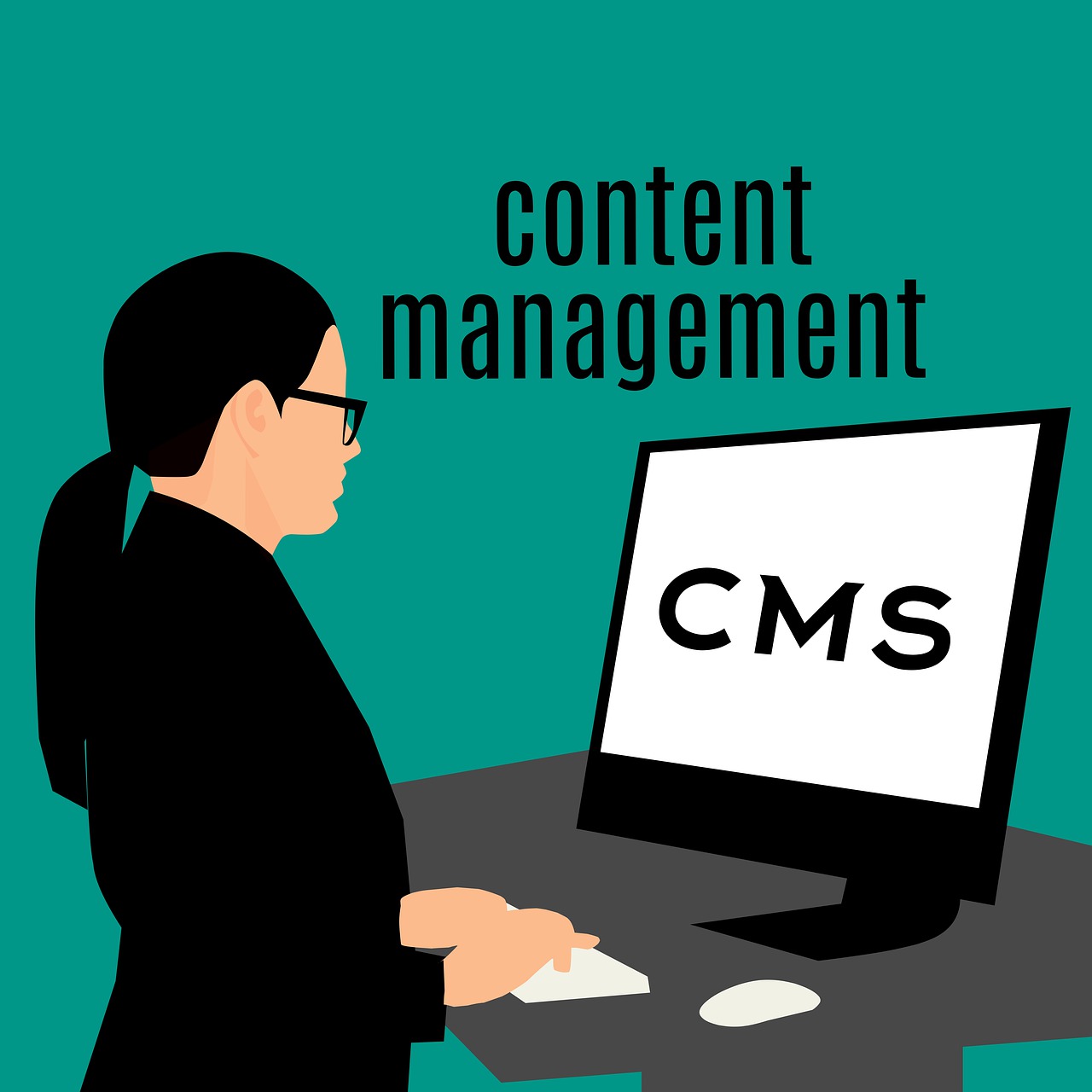
Introduction To CMS And How To Choose The Best Tool
Posts by Alan TaylorFebruary 15, 2023
Content management systems (CMS) play a crucial role in the business world. They are applications used in managing content, allowing various users to create, edit and publish data.
Companies that wish to thrive in the modern competitive environment must invest in such tools. And today, we will be sharing everything you need to know about CMSs and how to choose the right one.
Features Of A CMS
A CMS stores data in a database and displays it in a presentation layer. For instance, it can be displayed and accessed through a website.
A good content management system will have the following features:
Content Creation
The primary feature of a CMS is content creation functionality. It allows users to create and edit content conveniently.
These automatic systems ensure the user has everything they need to create good content to meet their specific need.
Content Storage
After creating, CMS systems store the content in one place in a consistent manner. This makes the content easily accessible from various locations.
Workflows
A CMS assigns permission to different individuals to manage content. These permissions are granted to authors, editors, admins, and other users allowed accessing the content.

Publishing
Another crucial feature in CMSs is publishing. It organizes and publishes content live.
Integration
A CMS can be integrated with other tools to provide a more convenient working environment.
For instance, one can use a CMS system with a seedbox server to provide more security and better speeds in uploading and downloading large data files.
Types Of CMSs
If you want to choose the best CMS, it’s important to know the different types available.
There are many types but majorly categorized into three main groups; open source, proprietary, and CMS and Software as a Service.
1.) Open-source CMS
An open-source CMS is easy to download and install. It does not require any initial costs, license, upgrade fee, or contracts.
But you will pay for other features like installation, customization, compatibility, and support like a software upgrade. Examples of such tools include WordPress, Joomla, Drupal, and Magento.
2.) Propriety
This is another popular CMS option. They are built and managed by a specific company and using them starts with buying a license and then paying a periodic subscription.
You may also pay for other services like customization and upgrade. Examples include Kentico, Microsoft SharePoint, Sitecore, and Shopify.
3.) SaaS CMS
A SaaS CMS comes with web content management software, web hosting, and technical support from one company.
They are virtual solutions hosted in the cloud and used through subscriptions. You will get different packages based on the volume of data transfer, content storage/data, and general support. It is the best option for small and medium enterprises due to the low costs.
All these solutions are promises remarkable services. You can always find a good web host with integrated CMS services to make your work easier. But if you don’t find one, many good providers will be worth your money.
Do You Need A CMS?
We live in a technologically advanced world where those who invest in the best technologies have the highest chances of survival.

Since data is the backbone of business operations, a CMS is one of the tools you want to have in your infrastructure.
It offers the following benefits:
Better Collaboration
Perhaps the main reason to use a CMS is to leverage its collaborative nature. Cloud-based CMSs, in particular, offer the flexibility and convenience of accessing from anywhere. Since it has a browser-based interface, several users can access it from different locations
Easy To Use
A CMS system is an easy solution for all employees in a company. Even non-technical people who don’t understand any programming language can easily create and manage their web content.
The tools come with drag-and-drop editors that make entering text and uploading data extremely easy.
Affordability
Most companies rely on front-end developers when they need any changes on their websites.
This can be expensive, and time-consuming, especially when you need urgent fixes. Using a CMS allows companies to publish web pages without relying on these developers, reducing costs.
How To Choose The Right CMS
There are many CMS providers on the market, which can make it a bit overwhelming to choose the right one. Don’t worry though; we have shared a few ideas here that will point you in the right direction.
Avoid In-house CMS
You heard that right. Many companies, especially startups, make the mistake of thinking their intern teams can build a custom CMS and save on costs.
While it sounds enticing, it might not work in the end. You may spend time planning and executing in the best way possible, but your team may lack the experience to do a good job.
Your Budget
When you decide to invest in a CMS, one of the biggest determining factors is your budget.
If you have a fat budget, many complex systems have all the best features. They are designed to make things extremely easy for content creators and editors.
However, you may have more limited choices if you have a small budget. Note that your CMS will also need hosting. So, it is good to factor in the domain name and web hosting costs.

Where You Will Be Using The CMS
Another factor to keep in mind is the specific business operations that need CMS support. For example, you want to publish many new videos every day, or change product prices regularly.
A lot of work goes into publishing too many changes and new content, which can be overwhelming for your team. Using a dedicated CMS makes it easy.
Integration
You need a CMS that can integrate with as many other technologies as possible. Most companies use CRM, ERP, web analytics, e.t.c., programs in their operations. So choose a CMS that can easily integrate for a seamless operation.
Conclusion
It is no longer a question of if you should invest in a CMS, but when. These tools are crucial in the modern data-oriented business environment.
The features we have mentioned above should set you on the right path to choosing the perfect solution.
